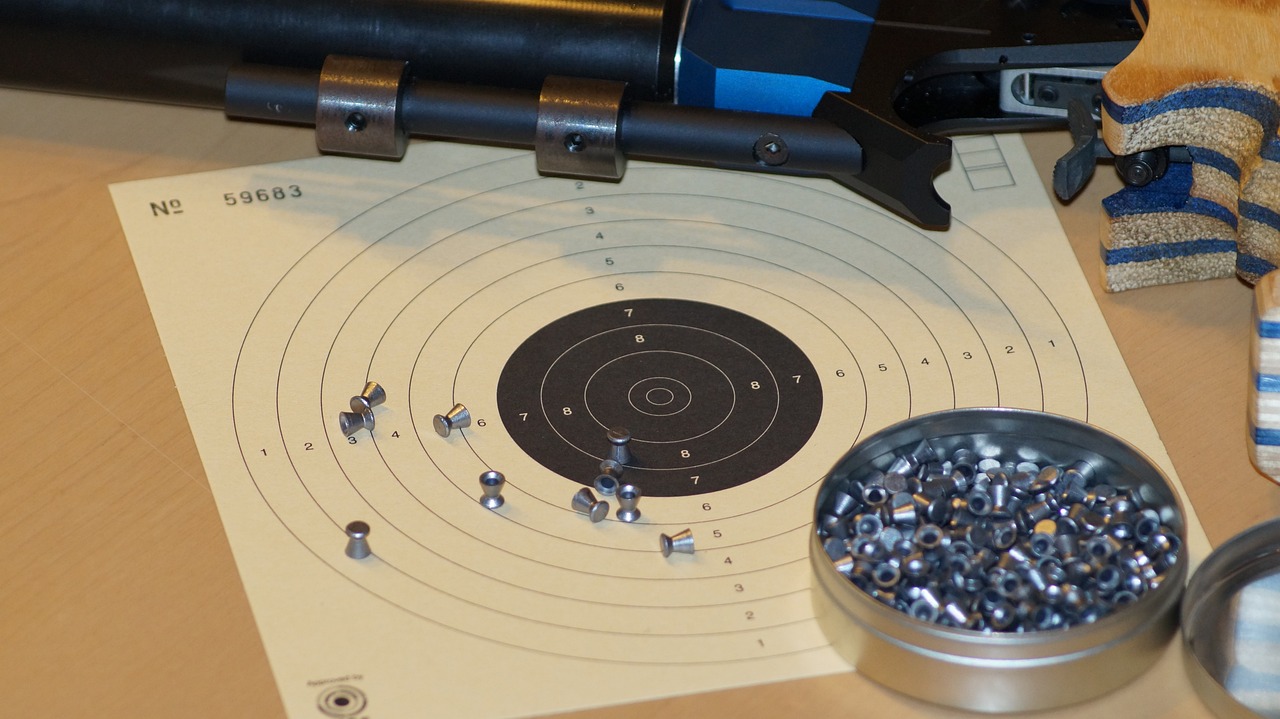Leveraging Game-Based Learning for Skill Development
Game-based learning is a powerful tool that can significantly enhance skill development across various domains. By incorporating engaging and interactive games into the learning process, individuals can improve their critical thinking, problem-solving, and decision-making skills in a fun and enjoyable way. This approach not only motivates learners to actively participate and stay focused, but it also helps them retain information better through hands-on experiences and immediate feedback.
Moreover, game-based learning fosters a sense of collaboration and teamwork among learners, as many games involve multiplayer modes that require individuals to work together towards a common goal. This collaborative element not only enhances social skills but also teaches the importance of effective communication and leadership in achieving success. Additionally, games often simulate real-life situations, allowing learners to apply their knowledge and skills in practical scenarios, thus bridging the gap between theory and practice.
Types of Skills that can be Developed through Game-Based Learning
Game-based learning offers a diverse range of skills that can be honed through interactive and engaging gameplay. One primary skill that can be developed is problem-solving, as players are often presented with challenges that require critical thinking and strategic decision-making to progress. By solving puzzles, navigating obstacles, and devising solutions within the game environment, individuals can enhance their problem-solving abilities that are transferable to real-life situations.
Furthermore, another key skill that can be fostered through game-based learning is collaboration. Many games encourage players to work together towards a common goal, fostering teamwork, communication, and cooperation. Through multiplayer games or collaborative challenges, individuals can develop their ability to communicate effectively, delegate tasks, and work harmoniously with others to achieve objectives. This collaborative aspect of game-based learning not only enhances social skills but also cultivates a sense of shared responsibility and camaraderie among participants.
– Problem-solving skills can be developed through interactive gameplay
– Players are required to think critically and make strategic decisions to progress
– Solving puzzles and navigating obstacles enhances problem-solving abilities
– Collaboration is another key skill that can be fostered through game-based learning
– Many games encourage teamwork, communication, and cooperation towards a common goal
– Multiplayer games or collaborative challenges help individuals communicate effectively and work harmoniously with others
Effective Strategies for Implementing Game-Based Learning in Skill Development
Engaging learners through interactive gameplay is a key strategy for effective implementation of game-based learning in skill development. Incorporating elements of challenge, progress tracking, and rewards in the games can keep learners motivated and focused on achieving their learning objectives. By designing games that align with the desired skills to be developed, educators can create an immersive learning experience that encourages active participation and skill mastery.
Another strategy for successful implementation of game-based learning is to provide constructive feedback to learners throughout the gaming process. Immediate feedback on performance helps learners understand their strengths and weaknesses, allowing them to make real-time adjustments and improvements. By integrating feedback mechanisms into the games, educators can facilitate a self-regulated learning environment where learners can monitor their progress and strive for continuous growth and skill enhancement.
What are some benefits of incorporating game-based learning in skill development?
Some benefits include increased engagement, motivation, retention of information, and the opportunity for hands-on practice in a fun and interactive way.
What types of skills can be developed through game-based learning?
Game-based learning can be used to develop a wide range of skills, including cognitive skills like problem-solving and critical thinking, as well as soft skills like communication, teamwork, and creativity.
What are some effective strategies for implementing game-based learning in skill development?
Some effective strategies include setting clear learning objectives, providing feedback and rewards, incorporating challenges and progression levels, and allowing for collaboration and competition among learners.







